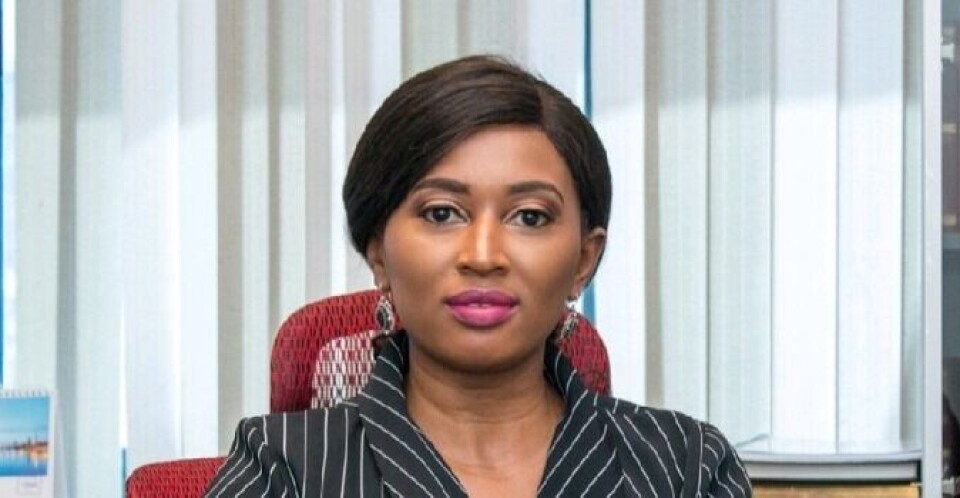Copyright : Re-publication of this article is authorised only in the following circumstances; the writer and Africa Legal are both recognised as the author and the website address www.africa-legal.com and original article link are back linked. Re-publication without both must be preauthorised by contacting editor@africa-legal.com
Count her in: Gender equality in the workplace

Despite the strides that have already been taken, there still needs to be a cultural shift within legal workplaces to eradicate toxic elements and foster inclusivity, writes Annie Dorasamy.
Unequal pay, disparity in promotions, harassment and mansplaining are some of the biases that women in the law profession continue to face. Against this background, and in light of International Women’s Day, a discussion titled “Count her in” focusing on gender equality in the workplace, was recently hosted by the Institute for African Women in Law and the Cyrus R. Vance Centre for International Justice.
Those present agreed that a lot more intentional efforts need to be made to level the playing field for women lawyers to ascend to positions of power.
Belinda Mapongwana, who runs an all women-led law firm in South Africa, is a strong proponent of the agency of women on the whole. She pointed out that while South Africa celebrated 100 years of women in law last year, research showed that women were still not equally remunerated, despite being able to do the same work as their counterparts.
Referring to the theme “Count her in”, Mapongwana said women were always present in the law profession, but their role was defined by men of power.
“They have always played that role, but to people who were not open to seeing them because of how they have been socialised. Men have always been seen as the natural leaders, the autopilots of these spaces,” she added.
Advocate Joyce Wangari Kagai, programme officer for the Law Society of Kenya, said while strides have been made in her jurisdiction, the work continues. The society, she said, has been deliberate in their efforts, through its Gender Committee.
“The Gender Committee is instrumental in mainstreaming activities that include women. We also conduct activities for women lawyers to network. We hold an annual conference for women in leadership as well as an awards ceremony that recognises progressive women lawyers who excel in their spaces,” said Kagai.
Aside from those initiatives, the Gender Committee keeps track of bills to ensure that they are gender inclusive, and challenges legislation that does not adhere to the two-thirds gender rule. “We monitor and play the watchdog role,” she said.
Having women lawyers in leadership positions provides a visual representation of empowerment, said Edem Okudzeto, international associate at a Ghana-based law firm.
“When you have women who are partners and who are judges, the girl child sees them as examples of what they can aspire to be,” he said.
Okudzeto, who counts himself as an ally, said his colleagues who are in decision-making positions should be more supportive of their women colleagues.
“People in decision-making roles have to give women a voice and opportunities. Do not discriminate on gender. There must be an equal footing,” he said. In addition, he shared that at his firm employees are trained and understand there’s a zero tolerance approach to sexual harassment. The firm has also set up daycare facilities for the children of their employees, to further promote gender equality and a culture of inclusivity, Okudzeto said.
To join Africa Legal's mailing list please click here
